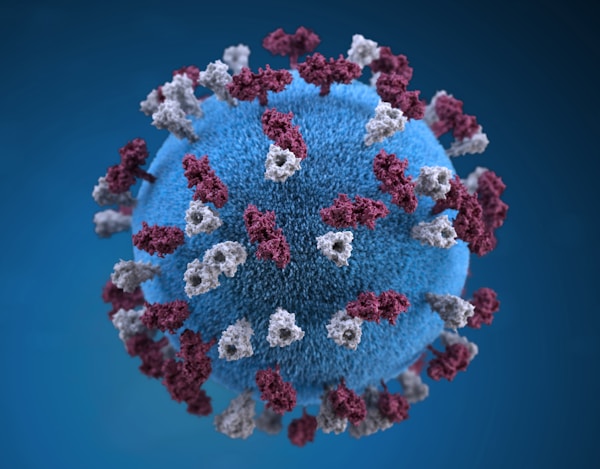Infections are caused by organisms — such as bacteria, viruses, and fungi — that invade the body and can cause disease. Many infections are minor and may go away on their own, but some can be serious and even life-threatening. Infections can occur in any part of the body and can be caused by a variety of organisms. Preventing the spread of infection is critical for both homeowners and business owners, particularly those who have patients or family members that are immunocompromised or more vulnerable to getting sick due to a weakened immune system. If you want to learn more, keep reading to find out how you can prevent the spread of infection.
How can you prevent the spread of infection?

When it comes to preventing the spread of infection, it’s critical for businesses like hospitals to be proactive. This includes having a comprehensive plan in place, disinfecting all surfaces, and educating employees on how to properly clean their hands. Investing in infection prevention services is the best way to achieve this, especially in a healthcare setting. Buildings like hospitals are often breeding grounds for infection, so you need to do everything you can to stop the spread. By having a comprehensive infection prevention plan in place, you can keep everyone safer.
It is well-known that proper ventilation is essential for preventing the spread of infection in both indoor and outdoor environments. In fact, the Centers for Disease Control and Prevention (CDC) has suggested that good ventilation is necessary for controlling the spread of infectious diseases. In addition to preventing the spread of infection, proper ventilation can also help to improve occupant comfort and safety. For example, ventilation can cool the environment during the summer months. You need your building to have adequate ventilation to keep everyone safe and healthy.
Vaccination is another tool to prevent the spread of infection. Vaccines help protect you from diseases by exposing you to a small amount of the virus or bacteria, which allows your body to build immunity against the disease. This makes it less likely that you will get sick if you are exposed to it in the future. You should recommend that everyone who is in your home or office frequently gets vaccinated.
What else can you do to protect yourself from viruses?

There are also steps you can take on a personal level to protect yourself from being infected with COVID-19 or any other common virus. Masks are an effective way to protect yourself from infections, but you need to know how to use them properly so that you get the most protection possible. Put on your mask with clean, dry hands, and always ensure that it has a tight seal against your face. Some masks come in different sizes, so make sure you get the right one. You should use a mask when you are around other people as much as possible.
Social distancing is another useful way to avoid getting sick or infected. Experts recommended keeping a distance of at least six feet from others. During a pandemic or when there is an illness going around, you may want to avoid large gatherings, like concerts, weddings, parties, and sporting events. You should try to stay home as much as possible. If you do have to go out for one reason or another, leave space between yourself and others. If you can’t avoid close contact, wash your hands often and avoid touching your face.
As you can see, there are many steps you can take to protect your business, home, or office from being vulnerable to spreading viruses and diseases. This includes working with an infection prevention service, improving ventilation, and taking steps like wearing a face mask or social distancing in public. Ultimately, we all need to take measures to prevent the spread of infection in order to maintain overall health and well-being. Infection can spread through contact with people, surfaces, or objects that have been contaminated with the virus or bacteria. Prevention methods include good hygiene practices, disinfecting surfaces, and washing hands regularly.






